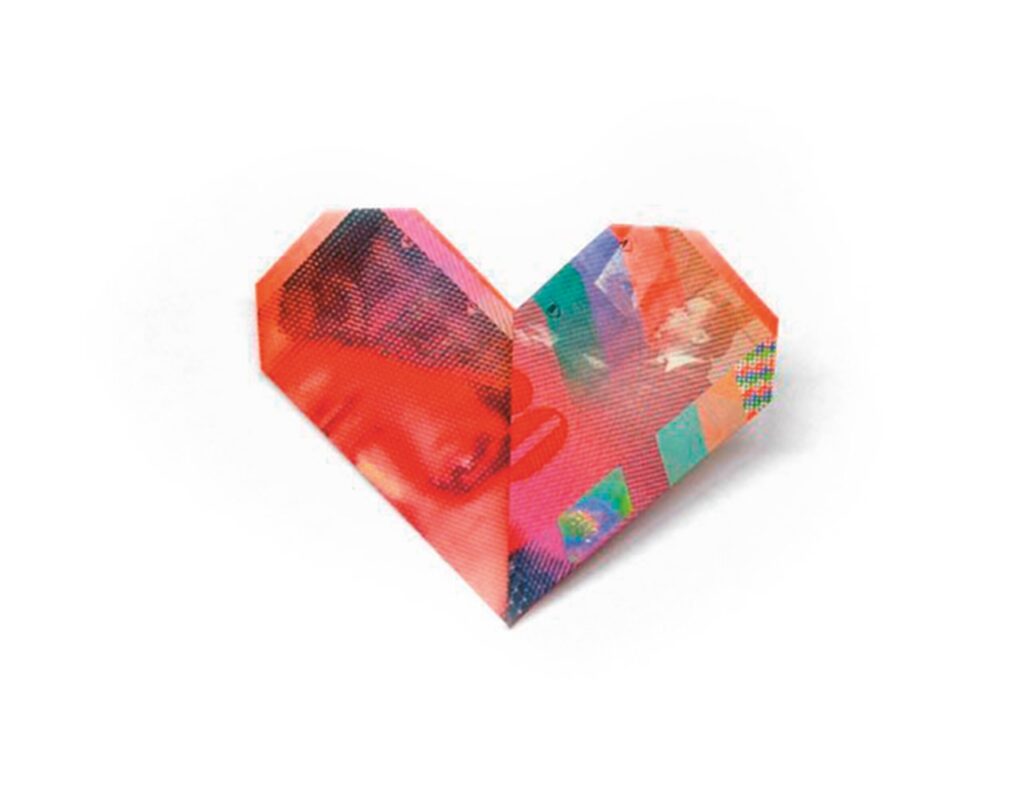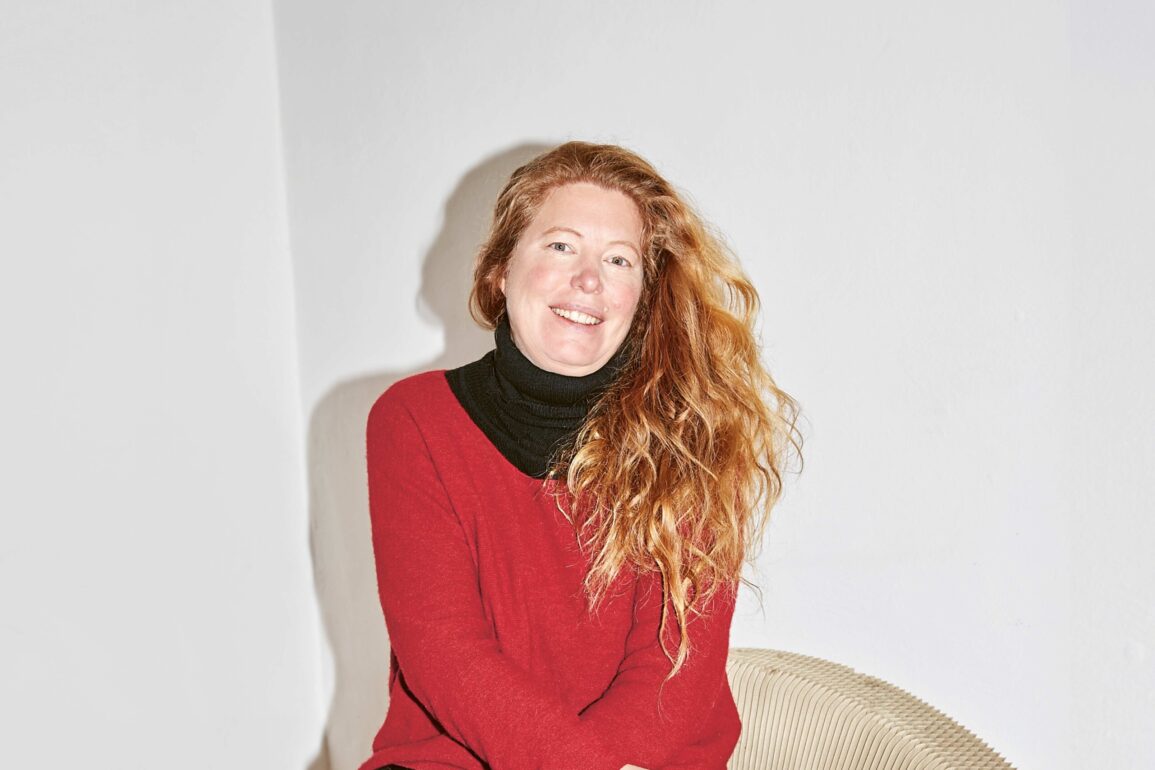Walk along Zurich’s Trittligasse until you reach number 16: this is where Melanie Gajowski meets people, develops new ideas and reflects on nature and business. It’s a peaceful spot that overlooks a lush garden that’s almost an oasis in the heart of Zurich.

Money conveys appreciation
In our society, we show our appreciation of work and performance with a salary, with money stepping in for something else in this context. It’s a tool that’s often used without our realising it, and it leads to endless discussions. Melanie Gajowski says: ‘Money can also be used to show love and appreciation, for example if someone buys a box of chocolates or a nice plant, and gives it to someone as a surprise. We can also show this by paying a fair price for services and the manufacture of products.’ She continues by saying that ‘for me, fair pay is a cornerstone of interacting with each other responsibly. We only know what’s fair when we enter into negotiations and discussions with each other. In this respect, money has a great deal to do with expressing appreciation in relationships.’
Money for everyone
There’s plenty of money to go around. Everyone should have money, and money that’s not being used can be shared. ‘Sharing is different from giving,’ continues Melanie Gajowski, explaining that ‘sharing’ goes beyond the degree that’s normal for ‘giving’. Giving is giving away, she says, whereas sharing, whether in the form of a flat-share or a job-share, means making something available to other people when you’re away. Users pay what they can. And she goes on to confirm that ‘it makes a difference if you want to do good things because things are going well for you. One person might not be able to afford something, but a group of people belong to a system and when multiple people come together, the purchase becomes feasible or the project viable.’
For Melanie Gajowski, donations are a form of giving. In general, when you make a donation, you need to ask why you’re doing it. There is the latent risk of donating so that you feel superior to the person receiving the money. ‘Doesn’t it contribute to upholding a system of “rich” and “poor”, “north” and “south”?’ she asks. This very question is something we should purposefully ask ourselves: ‘You need to undertake an earnest analysis of how you want to earn your money. Every person needs to think about that for themselves. How they move their money, where they invest it, where they save it and what they do with it. Money always comes from a source,’ she states.
What can money do to us – or not
Melanie Gajowski calls on people to be more aware when they’re dealing with money. Every single person should deliberately take some time to stop and reflect on what money does to them. ‘What do I use money for and where is money leading me astray?’ she asks, as an ethicist who builds bridges between the financial industry and non-profit sector. People often make purchases without really being aware of what they’re doing. She calls on them to scrutinise what purchases are really necessary. ‘In fact, the money at our disposal is often the breeding ground for the daily grind that we’re all hoping to escape,’ says Melanie Gajowski. Money is not a bad thing per se. ‘We need money, I love money,’ she says, adding ‘I can achieve a lot with money, exert influence and do good.’ It’s something really worth bearing in mind: money is power. When you decide to buy something, that purchase has an impact on the environment, say, and, in turn, on the health of people around the globe. We shouldn’t ever forget that.
Melanie Gajowski is a co-founder and social entrepreneur who undertakes a variety of roles. She has worked in the financial sector for 30 years, a field she became familiar with at Deutsche Bank and UBS. Today, she works as a freelance ethicist and economist, and is in a job-sharing post as a member of the management of Alternative Bank.


